In September, the Food and Drug Administration placed a ban on soaps and certain antibacterial chemicals which contain 19 different chemicals, one of them being triclosan. The FDA has given companies one year to remove the chemicals from their products and get the ones containing it off the shelves.
So why did the FDA ban triclosan from soaps and other antibacterial products? According to an article from New York Times, “Studies in animals have shown that triclosan and triclocarban can disrupt the normal development of the reproductive system and metabolism, and health experts warn that their effects could be the same in humans.” The Centers for Disease Control and Prevention found the chemicals in the urine of three quarters of Americans.
Triclosan is a chemical pesticide that has been a known endocrine disruptor and has shown to weaken heart muscle function, alter the shape of sperm, impair brain development, and contribute to bone deformation in animal studies.
You might think this is a huge win for consumers, and it is, but the ban didn’t reach all products. Unfortunately triclosan is still present in many drugstore toothpastes.
If this product is so dangerous that it’s now been banned from products that get washed off our skin, why is it still allowed in products that go into our mouths? According to the FDA, the benefits of triclosan in toothpastes still outweigh the risks. These benefits include reducing plaque and gum disease.
However, there are natural alternatives to using this chemical to protect your oral health. Xylitol, for instance, has been shown to reduce plaque. The bacteria that creates plaque cannot metabolize xylitol allowing for less plaque buildup and the decay causing bacteria cannot stick to the teeth.
To think you need triclosan or other chemicals in your toothpaste in order to prevent plaque is a naïve way of thinking. There are plenty of natural toothpastes that contain xylitol that can be even more beneficial to your oral health. Visit our page of xylitol products and find the best natural toothpaste option for you and your family.
Related Articles
Xylitol Product Spotlight: Spry Xylitol Mints
Spry mints with xylitol are a great way to refresh your mouth between brushing. They are sweetened with 100% xylitol, no other sweeteners. Each mint has a half-gram of xylitol. Xylitol is a sweetener that occurs naturally in plant fibers. It tastes like...
Prevent Tooth Decay with Sweets
Did you know your sweet tooth could actually make your dentist happy? And we don’t mean because you’ll be paying them to fix your cavities, we mean, you could stop having cavities. It’s true; a sweetener can be the answer to your dental health problems. Xylitol is a...
Dangers of Neti Pots and How to Avoid Them
Are there dangers of neti pots? Neti pots are a great resource for clearing your sinuses. However, it’s really important to use one properly. In fact, in 2011, two separate incidents of death occurred because of neti pots. The fatal mistake? Rinsing out...
Why You Should Be Chewing Xylitol Gum
Chewing gum is a great way to help improve your overall oral health, and when you choose a xylitol gum you’re adding an extra benefit. The Benefits of Xylitol Gum Xylitol gum helps inhibit cavity-causing bacteria. Xylitol is the perfect sweetener for...
Saline Nasal Spray for Babies
What’s the best and safest saline nasal spray for babies and infants? You might be wondering how to clear a baby’s nose? Babies are much more sensitive than adults or even children, so can the same practices be used? According to parents.com the best way...
How Xylitol Reduces Dental Caries
While you might not be familiar with the term “dental caries” you definitely know what they are. In fact, dental caries is just another term for cavities, the most common form of oral diseases known to man. You end up with dental caries due to...

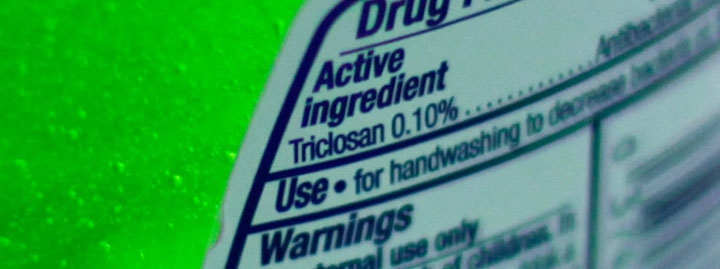

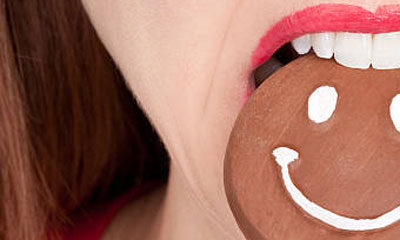
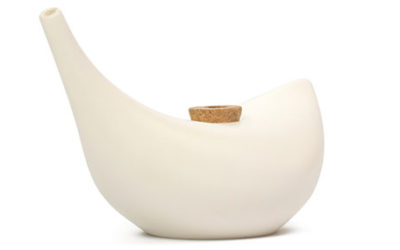
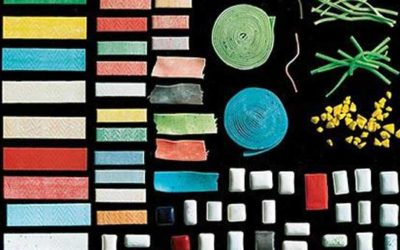
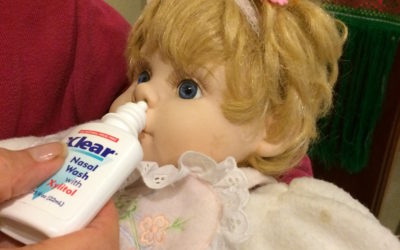
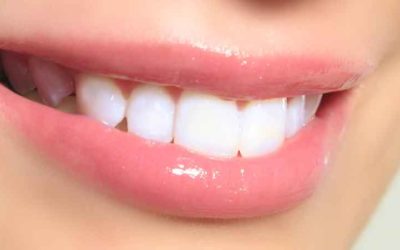




I’m a clinical dental professional and work in an area with a high health IQ. Although this information is common knowledge in my area, I have a lot of friends and family that dont have this knowledge from their dental professionals. It would be really great to be able to ‘share’ your information through social media. The articles you provide are simple, thorough, and accurate. Thank you!
All information provided here may be used without asking permission. The only thing we ask is that you share where it came from.
If you have dogs, though, you must be careful. Xylitol is not good for them and could potentially be poisonous and even deadly.
True enough, especially when they are small.
If it is a danger to any species. Should be banned.
Pfelcher, chocolate is poisonous to dogs as well…should we ban that? I think it is reasonable to keep xylitol containing products away from dogs.
Is your xylitol derived from corn or birch. If from corn, non GMO, organic or regular?
Hi Amanda, we’re an educational site and therefore don’t have any products ourselves. However, you can find a list of products containing xylitol here: http://xylitol.org/xylitol-products/
Corn
triclosan must ban in all over the world,thanks for this artical. after knowing the triclosan side effect i change my deodorant and i started to use triclosan free deodorant HueHoffner.